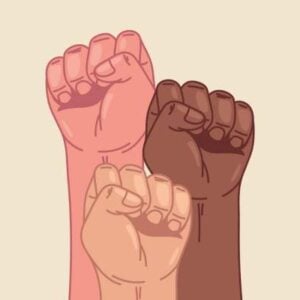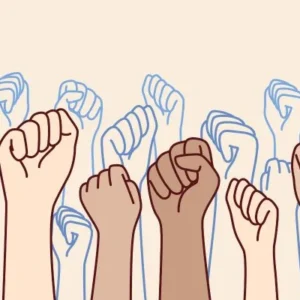Ethiopia has introduced groundbreaking legislation granting refugees and asylum seekers the right to work for the first time in the country’s history, a milestone achieved through the 2019 Refugee Proclamation. This historic law allows refugees to engage in wage employment, self-employment, and business ownership, significantly expanding their economic opportunities. Since its implementation, over 24,000 refugees have benefited from work permits, residence permits, and business licenses, marking a major step toward their social and economic integration.
Before these reforms, refugees like Michaele Haile, Muetaz Mhd Semir, and Ebtesam Khalid Mohammed faced significant legal barriers that limited their ability to work or start businesses. Michaele, who fled conflict between Ethiopia and Eritrea in 1998, spent years working low-paying jobs within a refugee camp. Muetaz, a Syrian refugee, had culinary skills but had to partner with Ethiopian citizens to run a restaurant. Ebtesam, a single mother from Yemen, repeatedly faced confiscation of her goods when attempting to start small businesses in Addis Ababa. These stories illustrate the challenges thousands of refugees encountered in striving for self-reliance.
A turning point came in 2016 when Ethiopia announced pledges at the UN General Assembly to improve refugee work rights and livelihoods. The World Bank subsequently launched the Ethiopia Economic Opportunities Program (EOP) in 2018, providing financial and technical support to government institutions to enable better access to employment for refugees. EOP facilitated consultations among key agencies such as the Refugees and Returnees Service (RRS), Ministry of Labor and Skills, Industrial Parks Development Corporation, and Ethiopian Investment Commission, identifying the lack of legal work rights as a major barrier.
The Refugee Proclamation No. 1110/2019, introduced in 2019, officially granted refugees the right to work and run businesses. To ensure rapid implementation, the RRS issued a Right to Work Directive in 2020, providing a clear framework for integrating refugees into Ethiopia’s labor market. Michaele, for example, received his work permit in September 2023, enabling him to secure fair employment, obtain a Tax Identification Number, open a bank account, and stabilize his income.
The new legal framework also expanded opportunities for refugee entrepreneurship. Previously, refugees faced prohibitive capital requirements to start businesses. Under the updated regulations, they now have the same rights as other foreign nationals. Ebtesam was among the first beneficiaries, successfully launching a small café in Addis Ababa with minimal capital. Muetaz’s restaurant chain has grown to eight branches employing over 700 people, and he is now on the path to formal business registration, with plans to expand into a cheese factory projected to create 2,000 jobs.
These reforms reflect a broader national shift toward refugee inclusion, recognized by the UN as among Africa’s most progressive. Since the legislation’s enactment, thousands of refugees have gained economic rights, and programs like EOP have helped create over 25,000 jobs for Ethiopians in industrial parks across the country. Technical support has ensured that new rights translate into practical benefits. Ethiopia’s continued commitments at the 2019 and 2023 Global Refugee Forums further demonstrate the country’s dedication to promoting refugee livelihoods. The experiences of Michaele, Ebtesam, and Muetaz exemplify how refugees are now contributing to Ethiopia’s economy as taxpayers, entrepreneurs, and valued community members.






